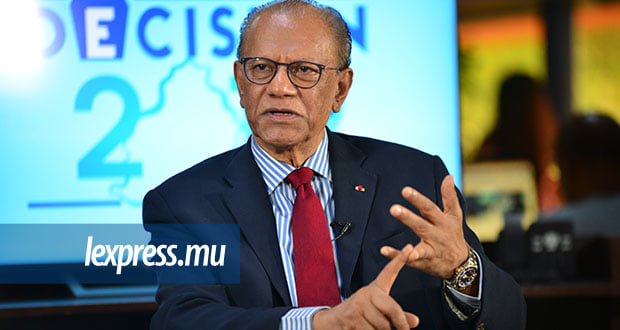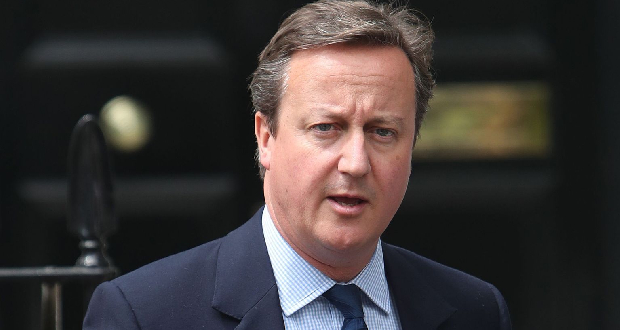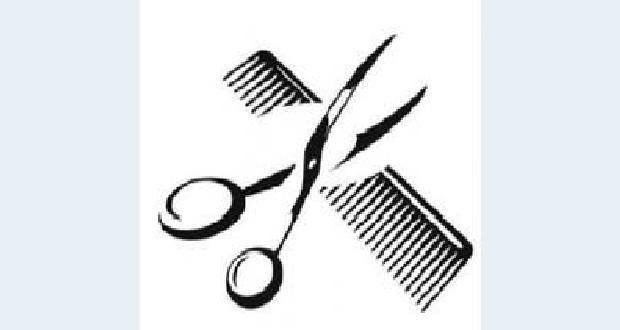Publicité
Economic policies: The dangerous commercial function of the Bank of Mauritius
Par
Partager cet article
Economic policies: The dangerous commercial function of the Bank of Mauritius

It is not a secret that the Central Bank of Mauritius has a new function which is doing the same thing as the commercial banks in Mauritius. No, it is not a bad dream, this is in fact happening in Mauritius exclusively. This new invention in Mauritius will probably need the amendment of all economics text book and international definition of the function of a central bank.
The essence of a central bank is to manage the monetary policy of a country, ensure price stability, regulate member banks and act as a lender of last resort to banks, which was very first acknowledged by the Bank of England. A central bank does not deal with the public and concentrates all its resources to oversee the commercial banks, which are the main influencers of money supply. The clients of a Central Bank are the commercial banks only and it is inherently non-market-based or an anticompetitive institution.

But, to our stupefaction, the country has witnessed that its Central Bank has granted Rs 60 billion to the government, socalled one-off grant, though not so long time there was a transfer of Rs 18 billion from its Special Reserve Fund to the coffer of the government. Do you see any difference between the one-off said grant and the transfer? Nevertheless, it was made on the ground that the country and the world are facing an exceptional situation which needs an exceptional measure. As such, the Bank of Mauritius Act was amended to enable the Central Bank to form a Special-Purpose Vehicle, known as the Mauritius Investment Corporation Ltd (MIC), which is using the Rs 60 billion one-off grant to invest in major economic and systemic companies in the tourism and manufacturing sectors.
«There is no shame to take debt to support the economy which will positively create a strong, competitive and sustainable economy.»
The Board of Directors of MIC includes the Deputy Governor and second Deputy Governor of the Bank of Mauritius. Though not yet published, we understand that the conditions for eligibility of facilities available to the major economic and systemic companies affected by the pandemic are as follows:
• An annual interest rate of 4%, payable semi-annually.
• The facility will be in terms of convertible loan.
• Security has to be provided.
• The repayment term is between 3 to 9 years. As a benchmark, it is good to refer to other countries such as France and the United Kingdom that are offering stimulus package to assist businesses similarly from the unfortunate situation of the pandemic.
In France, the main measures to refer may be:
• Director General of Public Finance is responsible to manage any solidarity fund of the state.
• Businesses have to seek facilities from commercial banks for which the state is guaranteeing up to 90% of the amount for a period of 2 to 7 years.
• A rate of interest of less than 1% per annum.
In United Kingdom:
• Under the Coronavirus Large Business Interruption Loan Scheme, which provides finance to large enterprise, the government guarantees 80% of the finance to the lenders.
• The scheme is delivered through commercial lenders, backed by the Bank of England.
• A rate of interest of less than 1% per annum. Government pays the interest and fees for 12 months.
• The repayment term is for a period of 6 years.
We can appreciate that none of the above-mentioned countries and other major European countries are using their central bank to invest directly in private businesses. Further, their measures are more adaptable and really mean helping businesses. Just compare and you will conclude whether the measures of the Central Bank of Mauritius are really effective: higher interest rate, insistence on good security and short time limit for repayment of interest. It is obvious that MIC has the objective of making profit in this pandemic moment. We are doubtful of whether the Central Bank of Mauritius really has the mission of assisting businesses or making profits as commercial banks.
Mr. Bruno Le Maire, the French Finance Minister, has well said in his recent interview on the BBC that the stimulus package scheme of his country shall be financed by debt and the repayment of the debt will be reimbursed through growth. He just wants to say that there is no shame to take debt to support the economy which will positively create a strong, competitive and sustainable economy. When this stage will be reached the repayment of the debt will by itself be repaid through prosperous country. Businesses will be able to repay their debts, more revenue from taxes will be realized by the government and people will be in employment.
It is absolutely obvious that the Bank of Mauritius has demarked itself completely from its real mission and, instead, embark in a commercial function similar to those of the commercial banks which they deemed to regulate and supervise. This is not welcoming in an economy which cherishes values by principle and a business-friendly environment. This course of action is even dangerous due to:
• MIC, a subsidiary of the Bank of Mauritius, is competing with the commercial banks. This will result to a demotivating environment to the banking sector. Rather than the Central Bank sits and sees how the commercial banks are working but it is the other way where the latter are watching how the Central Bank is doing business of lending to the private businesses directly.
• The officers of the Bank of Mauritius cannot have the same experience and knowledge as their counterparts of the commercial banks in private lending. The commercial banks know better their clients and they would definitely do a better job.
• The interest rate of 4% is still on the high side in the context of the present economic environment and this imply that the Bank of Mauritius is undertaking a profit-making activity.
• MIC is exempted from income tax and this create an unfair advantage to commercial banks.
• The sacrosanct principle of a central bank is to be independent and it is difficult to be independent when it has interest in private businesses. Independence must not only exist but it must be seen to exist.
• The Central Bank of Mauritius is undertaking a fiscal function rather than a monetary one.
In spite of the situation becoming worse, no fund has yet been disbursed to those companies severely affected. The Bank of Mauritius is still in the mode of wait and see.
It can be argued that the overall structure of using reserve of the Bank of Mauritius to assist businesses may be a political motivation to minimize the budget deficit artificially. I will leave it to you to answer whether it is a moment to play politics or to focus on a strong, competitive and sustainable beloved country, Mauritius, taking the words of Mr. Bruno Le Maire.
Publicité
Les plus récents






